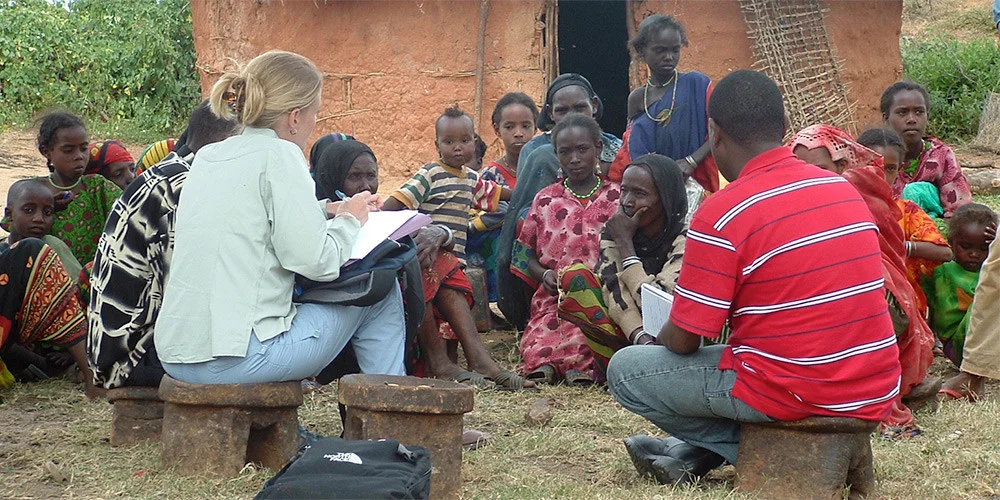Fahad Ali
Public health encompasses a wide range of activities, including preventing diseases, promoting mental and physical health, and prolonging life. It focuses on various aspects such as sanitation, personal hygiene, control of infectious diseases, and the organization of health services. In dealing with the complexities of social life, it recognizes the significance of community action in promoting health and treating diseases, as evident in the concept of public health.
Comparable terms for public health include social medicine and community medicine, with the latter being widely adopted in the United Kingdom, where practitioners are referred to as community physicians. The practice of public health relies on medical science and philosophy and emphasizes the manipulation and control of the environment for the benefit of the public. This involves aspects such as housing, water supplies, and food, as well as preventing the introduction of harmful agents through farming, inadequate sewage disposal, industrial processes, and other sources.
Pl subscribe to the YouTube channel of republicpolicy.com
Public health medicine is part of the broader endeavor to preserve and enhance public health. It involves collaboration with various professionals, ranging from architects, engineers, and inspectors to psychologists, chemists, physicists, and toxicologists. Occupational medicine, which focuses on the health and safety of individuals in the workplace, is seen as an integral part of public health medicine.
Preserving, maintaining, and promoting public health involves specialized methods of information-gathering (epidemiology) and corporate arrangements to act upon significant findings. Epidemiologists collect statistics to describe and explain disease occurrence in a population by correlating factors such as diet, environment, radiation exposure, and smoking with the incidence and prevalence of diseases. Governments play a crucial role in this process by creating agencies to oversee and inspect water supplies, food processing, sewage treatment, drainage, and pollution. They also work on controlling epidemic and pandemic diseases by establishing guidelines for medical responses, isolation procedures, and issuing travel warnings.
Public health agencies, such as the Centers for Disease Control and Prevention (CDC) in the United States and the World Health Organization (WHO) internationally, have been established to monitor and control diseases within societies, on both national and international levels. Efforts to reduce the impact and prevalence of preventable and neglected tropical diseases remain a major focus of international public health, despite advances in science and medicine. This emphasizes the ongoing challenges faced by health organizations and societies worldwide.
Public health is crucial for a developing country like Pakistan, especially given its limited resources. By investing in public health, Pakistan can effectively prevent diseases, promote mental and physical well-being, and prolong life expectancy. This is particularly beneficial in a country with various sanitation and hygiene challenges and a high burden of infectious diseases.
Furthermore, public health initiatives can contribute to the country’s overall development by creating a healthier and more productive population. By focusing on aspects such as sanitation, access to clean water, and disease prevention, public health efforts can reduce the economic burden of illness and improve citizens’ quality of life.
In a resource-constrained setting, strategic allocation of available resources to public health can lead to significant long-term cost savings by preventing disease outbreaks and reducing the need for expensive medical treatments. Additionally, promoting public health can help build a stronger, more resilient society by addressing community-specific health challenges and improving overall well-being.
Given the importance of public health, especially in a developing country like Pakistan, it is essential for the government and stakeholders to prioritize and invest in public health infrastructure, education, and disease prevention programs. Collaboration with international public health agencies and organizations can also provide crucial support and resources to address the unique challenges faced by Pakistan in the realm of public health.















